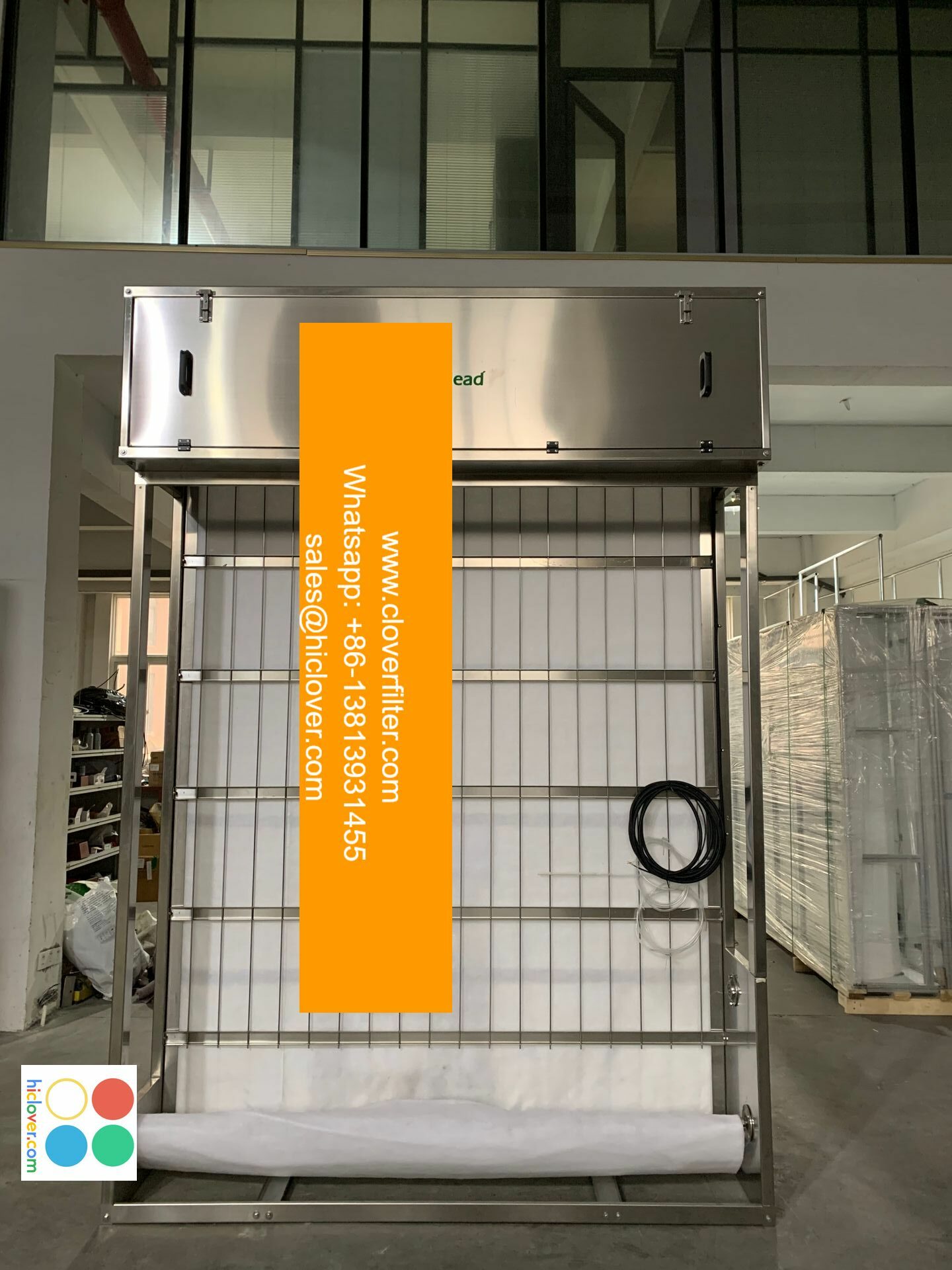Understanding MERV Ratings: A Beginner’s Guide

Understanding MERV Ratings: A Beginner’s Guide
As the demand for high-quality indoor air grows, it’s essential to understand the importance of Air Filtration Systems and MERV Ratings. In this article, we’ll delve into the world of MERV ratings and explore the basics, applications, and benefits.
What are MERV Ratings?
MERV (Minimum Efficiency Reporting Value) is a standard used to measure the efficiency of air filters. Developed by the American Society of Heating, Refrigerating and Air-Conditioning Engineers (ASHRAE), MERV ratings range from 1-20, with higher numbers indicating greater efficiency. The rating is based on a filter’s ability to capture airborne particles, such as dust, pollen, and other contaminants.
How Do MERV Ratings Work?
Air filters are tested to capture particles of a specific size using a standardized airflow. The testing process involves challenging the filter with particles of different sizes and measuring the amount of particles that pass through. The results are then used to calculate the MERV rating.
What are the Benefits of High MERV Ratings?
Higher MERV ratings offer numerous benefits, including:
- Improved Indoor Air Quality: Higher MERV ratings can capture smaller particles, reducing airborne contaminants and improving indoor air quality.
- Reduced Allergies and Asthma Symptoms: By capturing particles that exacerbate allergies and asthma, higher MERV ratings can provide relief for sufferers.
- Extended Filter Life: Higher MERV ratings can extend the life of filters by capturing larger particles that would otherwise reduce their effectiveness.
Common Application Areas for High MERV Ratings
- Healthcare Facilities: With a focus on patient health, healthcare facilities require high MERV ratings to capture particles that could compromise air quality.
- Homes with Pets: Pet owners may benefit from high MERV ratings to capture pet dander, dust, and other allergens.
- Industrial and Commercial Spaces: Industrial and commercial spaces require high MERV ratings to capture large volumes of particles, reducing maintenance and improving indoor air quality.
- Schools and Daycare Centers: Educational facilities benefit from high MERV ratings to create a healthy and clean environment for students and staff.
- HVAC Systems: High MERV ratings can be applied to HVAC systems to improve air quality, reduce maintenance, and increase system efficiency.
Choosing the Right MERV Rating
When selecting an air filter, consider the following factors:
- System Type: Different systems, such as residential or commercial, may require specific MERV ratings.
- Particle Size: Determine the particle size you want to capture (e.g., dust, pollen, or large particles).
- System Location: Consider the location of the system (e.g., hospitals, schools, or residential homes).
Conclusion
In conclusion, understanding MERV ratings is crucial for creating a healthy and clean indoor environment. By knowing the benefits, applications, and choosing the right MERV rating for your specific needs, you can ensure your air filtration system provides optimal performance and improved indoor air quality.
Key Takeaways
- MERV ratings measure air filter efficiency, with higher numbers indicating greater efficiency.
- Higher MERV ratings can capture smaller particles, improving indoor air quality.
- Various applications, such as healthcare facilities and homes with pets, benefit from high MERV ratings.
- Consider factors like system type, particle size, and location when selecting an air filter.
I’m happy to help! What would you like to talk about or ask?

